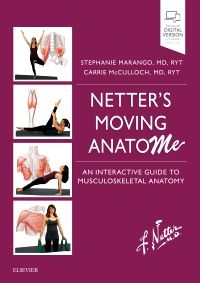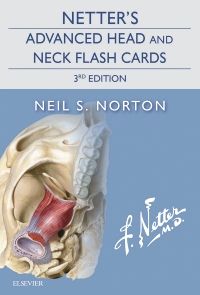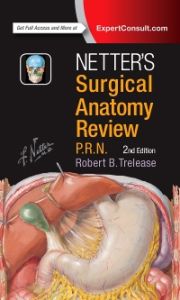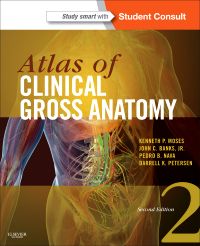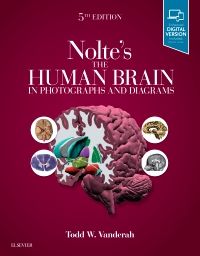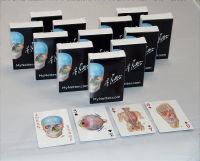Atlas of Spinal Imaging, 1st Edition
Phenotypes, Measurements and Classification SystemsSpine-related pain is the world’s leading disabling condition, affecting every population and a frequent reason for seeking medical consultation and obtaining imaging studies. Numerous spinal phenotypes (observations/traits) and their respective measurements performed on various spine imaging have been shown to directly correlate and predict clinical outcomes. Atlas of Spinal Imaging: Phenotypes, Measurements and Classification Systems is a comprehensive visual resource that highlights various spinal phenotypes on imaging, describes their clinical and pathophysiological relevance, and discusses and illustrates their respective measurement techniques and classifications. Complies the knowledge and expertise of Dr. Dino Samartzis, the preeminent global authority on spinal phenotypes who has discovered and proposed new phenotypes and classification schemes; Dr. Howard S. An, a leading expert in patient management and at the forefront of 3D imaging of various spinal phenotypes; and Dr. Philip Louie, a young surgeon who is involved in one of the largest machine learning initiatives of spinal phenotyping.
*Includes a Foreword by renowed spine surgeons Alexander Vaccaro and Max Aebi*
Spine-related pain is the world’s leading disabling condition, affecting every population and a frequent reason for seeking medical consultation and obtaining imaging studies. Numerous spinal phenotypes (observations/traits) and their respective measurements performed on various spine imaging have been shown to directly correlate and predict clinical outcomes. Atlas of Spinal Imaging: Phenotypes, Measurements and Classification Systems is a comprehensive visual resource that highlights various spinal phenotypes on imaging, describes their clinical and pathophysiological relevance, and discusses and illustrates their respective measurement techniques and classifications. Complies the knowledge and expertise of Dr. Dino Samartzis, the preeminent global authority on spinal phenotypes who has discovered and proposed new phenotypes and classification schemes; Dr. Howard S. An, a leading expert in patient management and at the forefront of 3D imaging of various spinal phenotypes; and Dr. Philip Louie, a young surgeon who is involved in one of the largest machine learning initiatives of spinal phenotyping.
*Includes a Foreword by renowed spine surgeons Alexander Vaccaro and Max Aebi*
Key Features
-
Helps readers better understanding spinal phenotypes and their imaging, and how today’s knowledge will facilitate new targeted drug discovery, novel diagnostics and biomarker discovery, and outcome predictions.
-
Features step-by-step instructions on performing the radiographic measurements with examples of normal and pathologic images to demonstrate the various presentations.
-
Presents clinical correlation of the phenotypes as well as the radiographic measurements with landmark references.
-
Includes validated classification systems that complement the phenotypes and radiographic measurements.
-
Complies the knowledge and expertise of Dr. Dino Samartzis, the preeminent global authority on spinal phenotypes who has discovered and proposed new phenotypes and classification schemes; Dr. Howard S. An, a leading expert in patient management and at the forefront of 3D imaging of various spinal phenotypes; and Dr. Philip Louie, a prolific surgeon who is involved in one of the largest machine learning initiatives of spinal phenotyping.
Author Information



